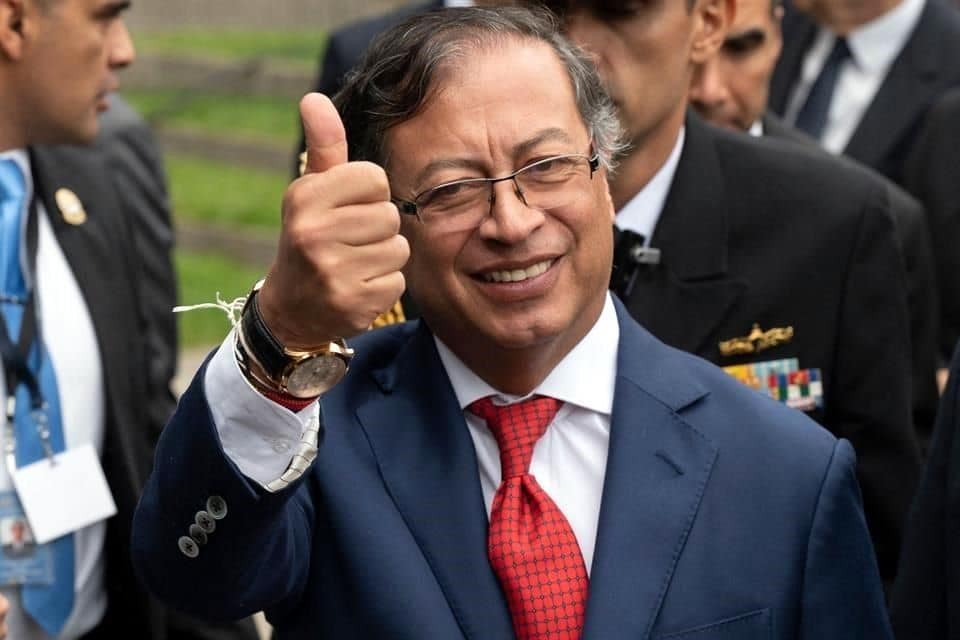The summit called by President Gustavo Petro to reactivate dialogue between the Venezuelan government and the opposition may be an opportunity for constructive dialogue, but it could also become another missed opportunity. Everything will depend on the balance that can be achieved in that space, from its invitation to its agreements.
The Colombian president affirmed from the US that he calls this summit “with one objective: that there be no sanctions and that there be much more democracy.” Perhaps the speed of the moment led the president to this statement, where the order of the factors is confused -which, in this case, does alter the product- and the abundance of a non-existent political system is evoked.
The sanctions were not a punishment imposed by the US, Canada and the EU out of the blue, but in response to the loss of democracy, therefore, the lifting of generic sanctions -not individual ones- must take place gradually and to the extent that there is an improvement in the conditions that gave rise to them. That is why the order of the factors does alter the product and the object of this and any initiative on Venezuela must first aim at achieving clear signals towards the recovery of democracy and, from there, advance in the uprising gradual generic sanctions.
On the other hand, calling a summit so that there is “much more democracy”, starts from the premise that there is a good dose of democracy. With this declaration of abundance, President Petro runs the risk of not gaining the trust of one of the actors participating in the table in Mexico, nor of some of the countries summoned to Bogotá. If Maduro threatened to withdraw from Mexico at the end of 2021 due to a statement by the Norwegian Prime Minister that alluded to the “reduction of democracy”, Petro does his impartiality a disservice by taking the existence of democracy in Venezuela for granted.
The recovery of the non-existent democracy depends in part, but not exclusively, on the holding of free and fair elections, for which reason the summit should reach agreements on mechanisms to promote a road map based on the recommendations of the EU Elections Observation Mission and the panel of electoral experts of the UN, as objective indicators in this matter.
But in order not to reduce democracy to an electoral event, those attending the summit should also exchange ideas about their role in expanding dialogue at the table in Mexico, in such a way that civil society and other political actors are included. Likewise, the summit must think of formulas for the progressive inclusion in the Mexican agenda of the issue of human rights, the independence of justice, territorial control, and the recovery of the monopoly of force by the State.
One issue that must be addressed is how to unlock the limbo into which the disbursement and administration of the funds from the social agreement signed last November has fallen. At this point there is a special responsibility of the US, one of the governments that will attend the Bogotá meeting. Before thinking about lifting sanctions, the US must honor a commitment that would allow it to both show its good faith and challenge the Maduro government regarding the use of such funds for the benefit of the population hardest hit by the humanitarian emergency.
The government of President Petro has insisted that the Bogotá summit does not seek to replace the Mexican table and that is the way it should be, but it is not enough not to replace Mexico. The summit, without the presence of the parties involved, should be an opportunity for attendees to form a group of guarantors that, keeping Norway as a facilitator, strengthen Mexico’s exercise from a balanced and impartial position. Colombia alone cannot play this role, since it is difficult, if not impossible, to be a mediator in the conflicts of a country that, in turn, is a mediator in its own conflicts. It will depend on this point of balance and impartiality that this new summit does not become more of the same.
Original text of Alerta Venezuela


